HOW TO CHOOSE THE RIGHT LAWYER AFTER A TRUCK ACCIDENT
Selecting the right truck accident lawyer can determine whether your claim results in fair compensation or unnecessary frustration. Not all attorneys have the experience, resources, or negotiation skills needed for complex truck cases. Knowing what to look for ensures you’re working with a legal professional who truly understands your injuries, your rights, and your future.
WHY SPECIALIZATION IN TRUCK ACCIDENTS MATTERS
Truck accidents are not like ordinary car crashes. They involve more damage, more regulations, and more resistance from insurance companies.
-
✅ Specialized lawyers understand federal trucking laws and FMCSA regulations
-
✅ They know how to access black box data and driver logs
-
✅ They have experience dealing with aggressive trucking company insurers
-
✅ They understand injury patterns unique to large vehicle collisions
Choosing a lawyer who focuses on truck cases ensures you won’t be treated like just another accident file.
WHAT TO LOOK FOR IN A TRUCK ACCIDENT LAWYER
Credentials and case history speak volumes about a lawyer’s ability to represent you effectively.
-
✅ Track record of successful settlements and verdicts in truck crash cases
-
✅ Positive reviews and testimonials from past clients
-
✅ Membership in personal injury or trucking litigation associations
-
✅ Willingness to explain your rights and case process clearly
Your first conversation with a lawyer should inspire trust and confidence.
QUESTIONS TO ASK BEFORE HIRING
Not all lawyers offer the same level of service. Asking direct questions helps you make the right choice.
-
✅ How many truck accident cases have you handled this year?
-
✅ Will I work directly with you or a case manager?
-
✅ How do you charge legal fees, and what are the terms?
-
✅ What’s your strategy for handling insurers and building the case?
Honest answers help you avoid surprises later in your case.
WHY LOCAL EXPERIENCE MATTERS
Trucking laws may be federal, but courts and juries vary by region.
-
✅ Local lawyers know your state’s comparative negligence rules
-
✅ They understand court procedures and judges’ expectations
-
✅ They often work with local investigators, doctors, and expert witnesses
-
✅ They can act faster when new evidence surfaces or deadlines approach
Working with someone nearby speeds up communication and strengthens your position.
CONTINGENCY FEE STRUCTURE EXPLAINED
You shouldn’t have to worry about upfront payments when you’re already dealing with medical bills.
-
✅ Most truck accident lawyers work on a contingency basis
-
✅ You pay nothing unless your case is successful
-
✅ The lawyer receives a percentage of your final settlement
-
✅ This ensures your attorney is motivated to win the maximum possible compensation
Clear, written agreements protect you and clarify expectations.
WARNING SIGNS TO AVOID
Just as there are qualities to look for, there are also red flags that suggest a lawyer may not be the right fit.
-
✅ Vague or evasive answers about past cases or experience
-
✅ High-pressure sales tactics or promises of guaranteed outcomes
-
✅ Lack of regular updates or poor communication
-
✅ Reluctance to take the case to trial if needed
Your lawyer should always prioritize your best interest — not just a quick settlement.
HOW THE RIGHT LAWYER IMPACTS YOUR COMPENSATION
Skilled truck accident attorneys know how to turn facts into financial results.
-
✅ They fully calculate your current and future medical costs
-
✅ They include lost wages and pain & suffering in your demand
-
✅ They negotiate with evidence, not emotion
-
✅ They prepare for trial to apply pressure during talks
Great lawyers don’t just build cases — they deliver results.
WHAT WE WANT TO EXPLAIN IN THIS ARTICLE
Choosing the right truck accident lawyer can be the most important decision you make after a crash. The right attorney knows the law, understands trucking industry tactics, and commits fully to your recovery. From collecting evidence to securing full compensation, your lawyer should be your advocate, your strategist, and your strongest support. Ask the right questions — and trust your instincts.


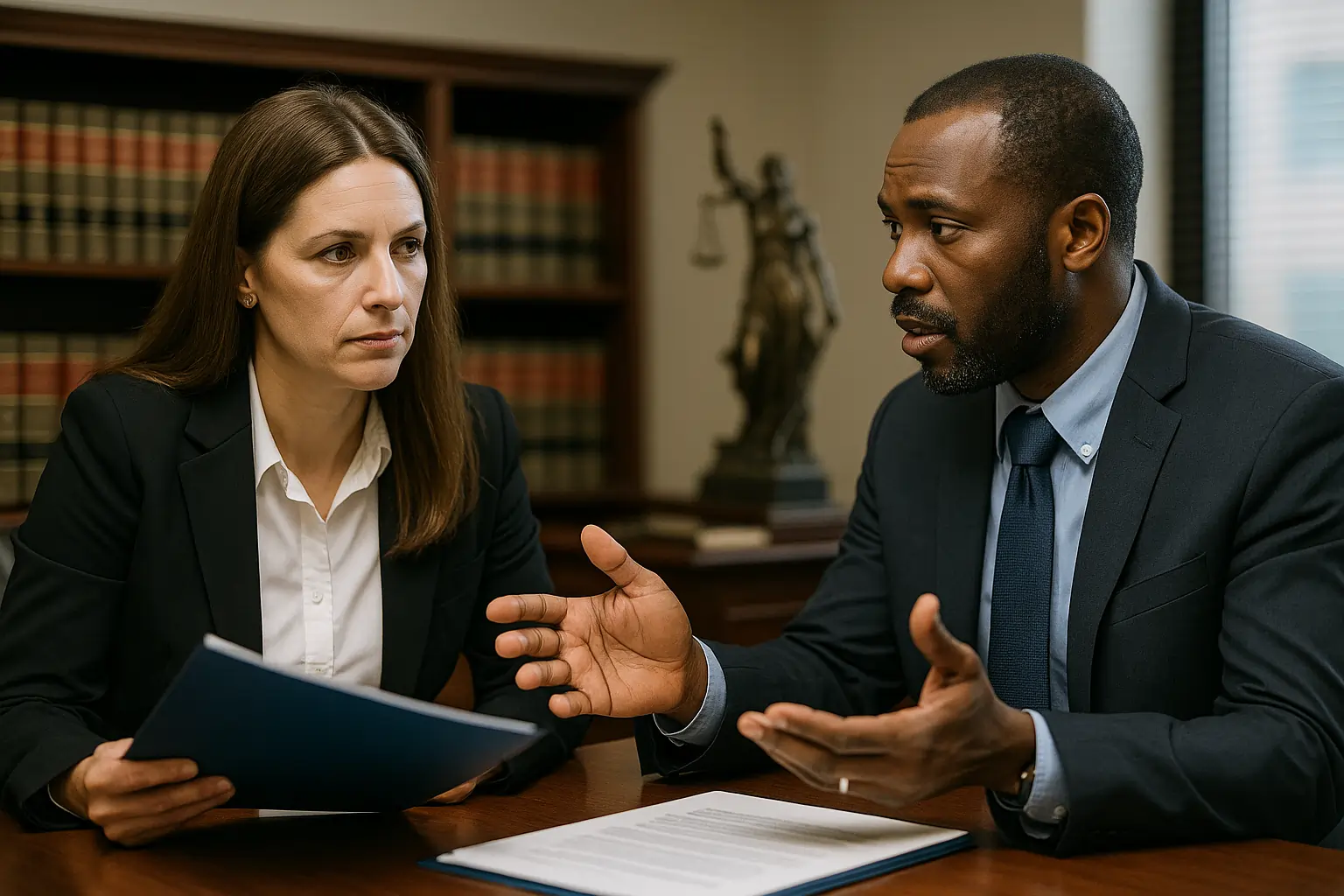
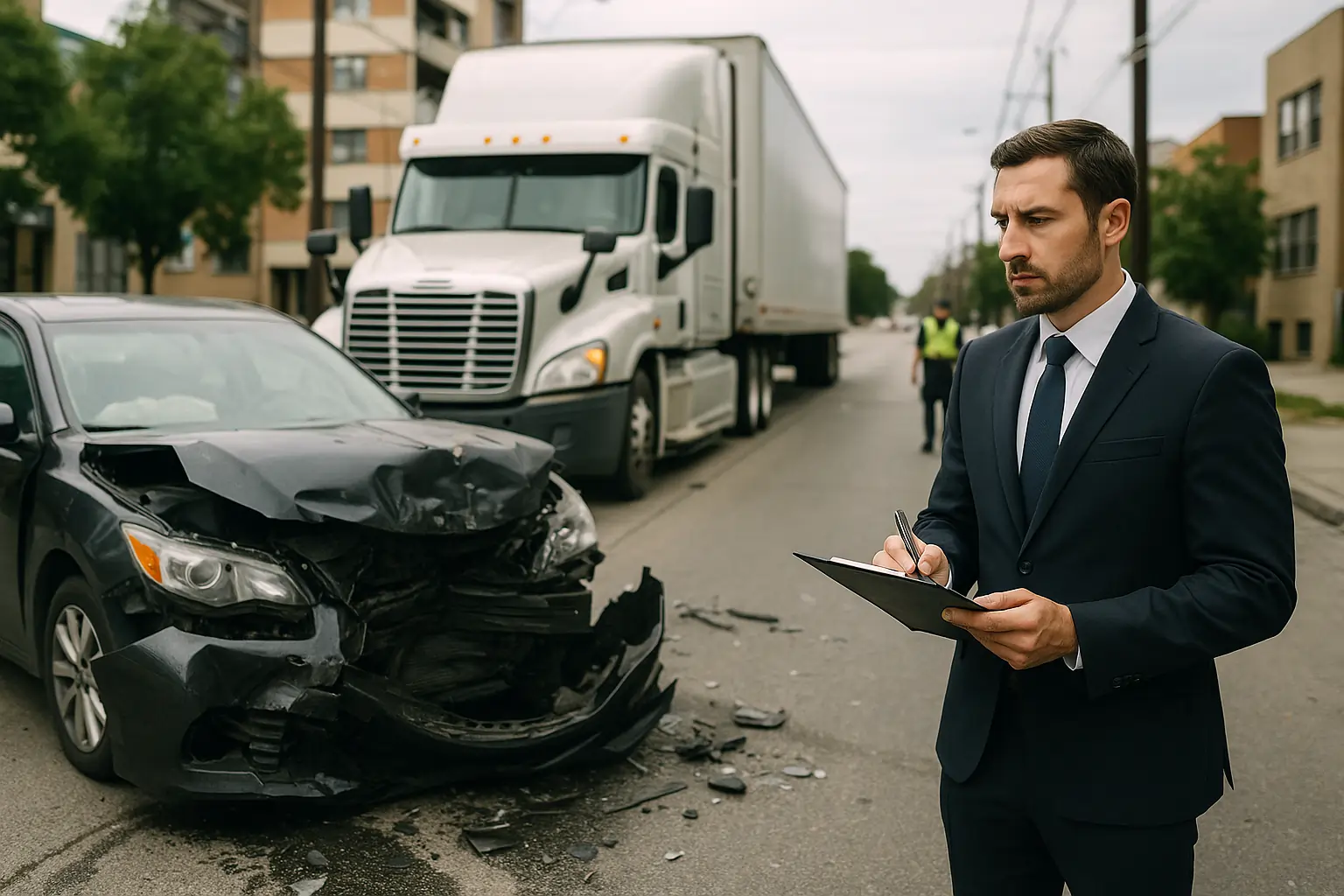
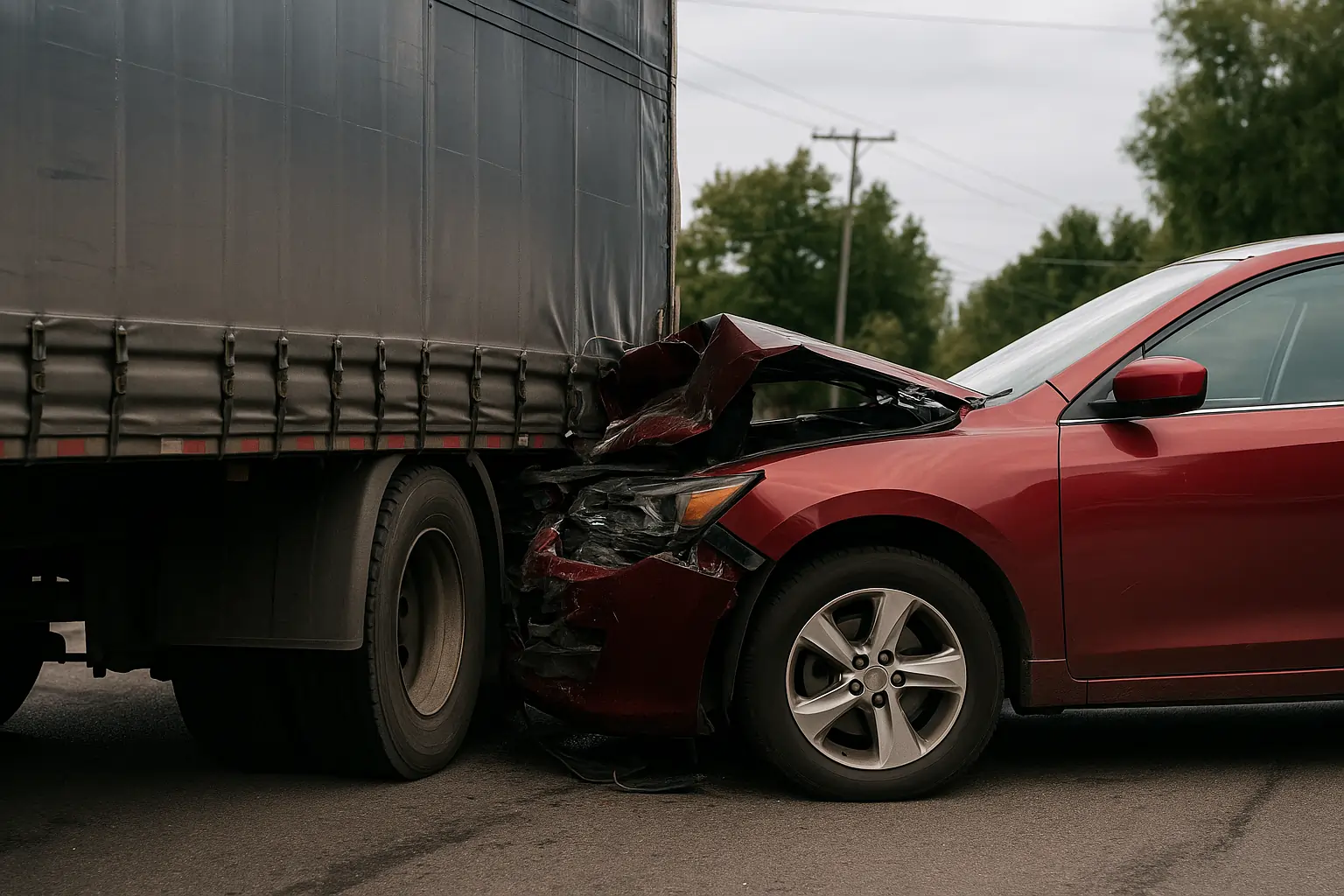
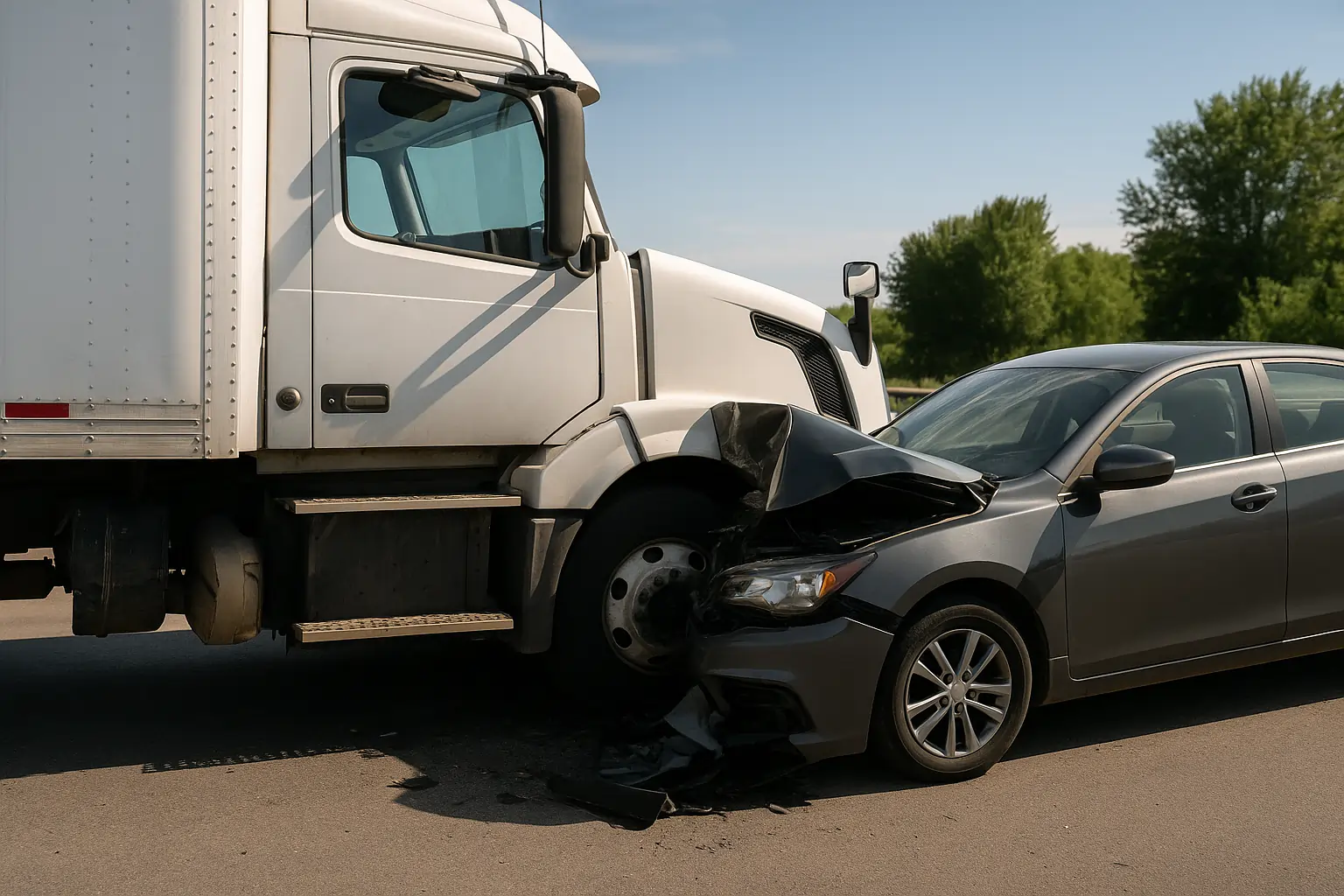
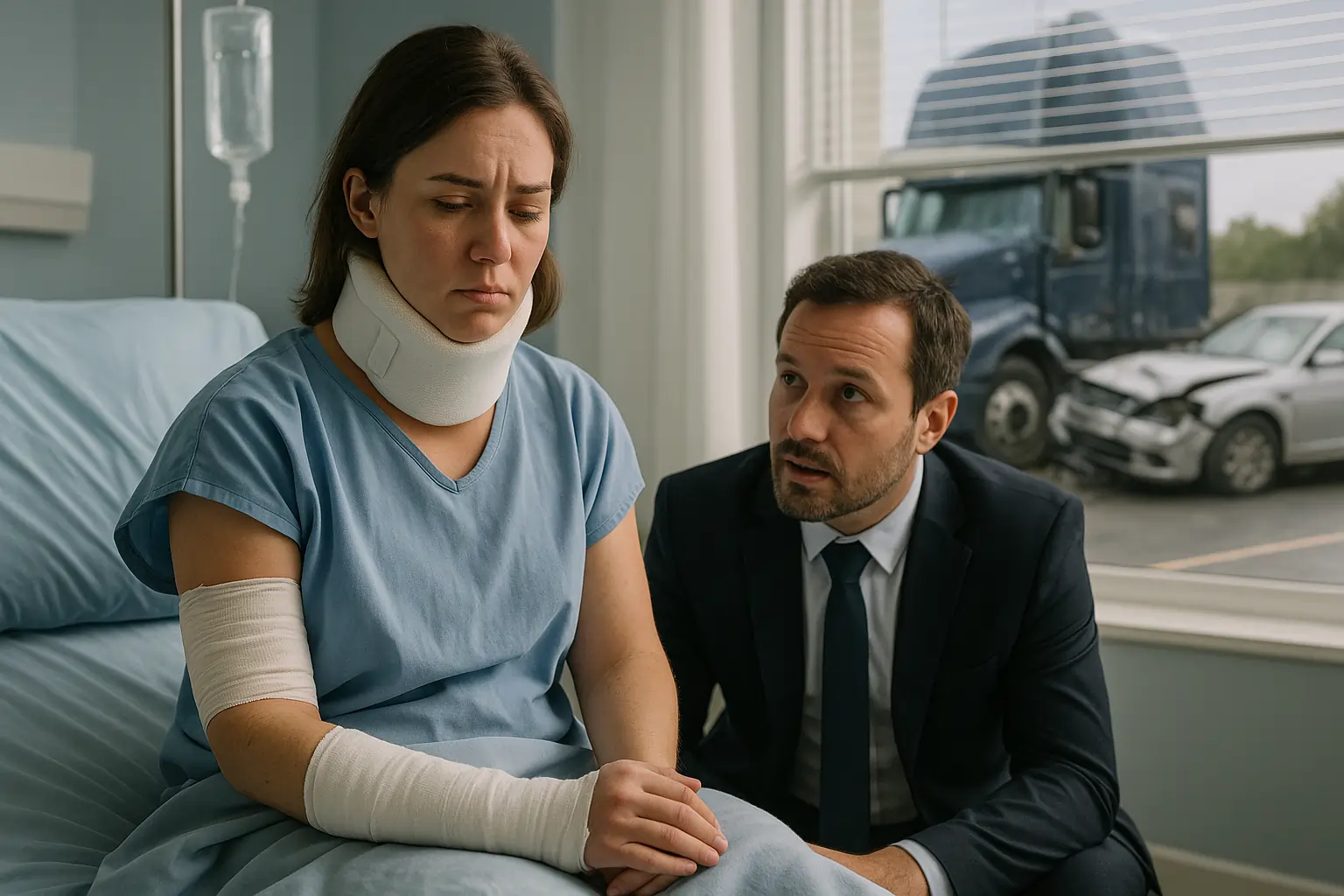
Leave a Reply